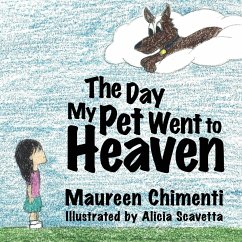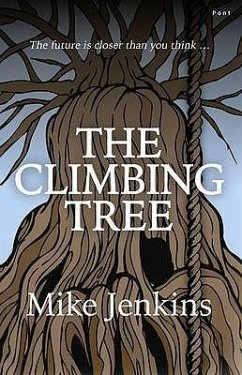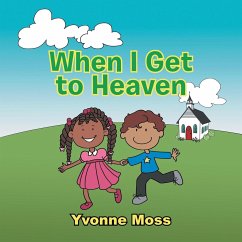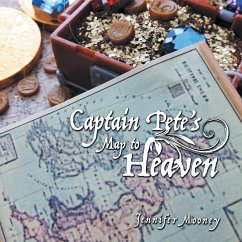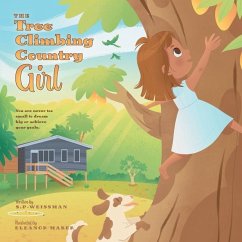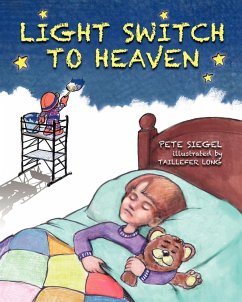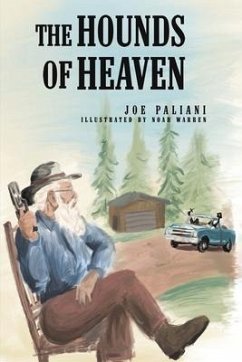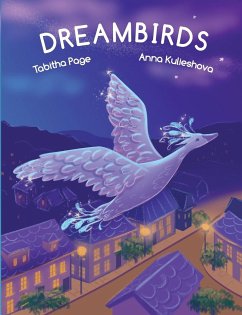Nicht lieferbar
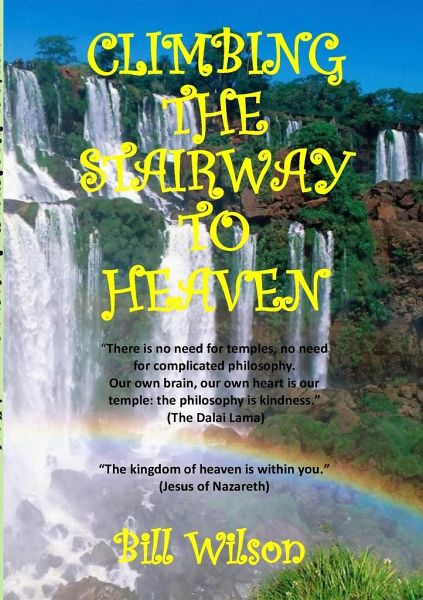
Climbing the Stairway to Heaven
Versandkostenfrei!
Nicht lieferbar
Bill Wilson is a native of County Durham, now living in Lincolnshire. He has studied in a number of fields including civil engineering, theology, philosophy, psychology, organisation theory, behavioural science and education. He has practiced professionally as a civil engineer specialising in bridge design; an ordained clergyman with a particular interest in industrial chaplaincy; a lecturer in adult higher education specialising in industrial relations; and finally as a Principal of a Further and Higher Education College. Bill's stories about Jimbo and Conché...
Bill Wilson is a native of County Durham, now living in Lincolnshire. He has studied in a number of fields including civil engineering, theology, philosophy, psychology, organisation theory, behavioural science and education. He has practiced professionally as a civil engineer specialising in bridge design; an ordained clergyman with a particular interest in industrial chaplaincy; a lecturer in adult higher education specialising in industrial relations; and finally as a Principal of a Further and Higher Education College. Bill's stories about Jimbo and Conché are the distillation of his reflections on the great virtues of love, joy, sadness, friendship, courage, sacrifice, perseverance and happiness.





